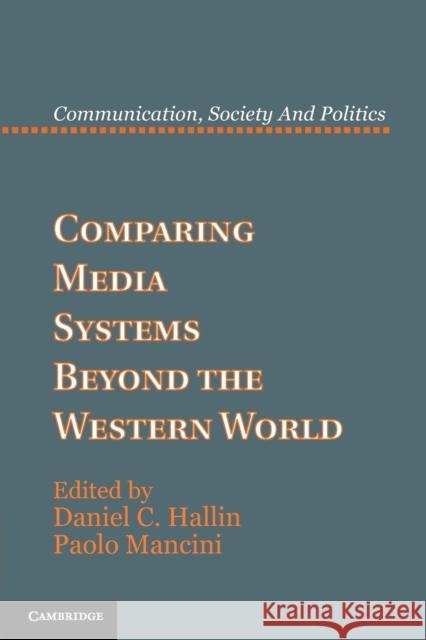Comparing Media Systems Beyond the Western World » książka
topmenu
Comparing Media Systems Beyond the Western World
ISBN-13: 9781107699540 / Angielski / Miękka / 2011 / 356 str.
Comparing Media Systems Beyond the Western World
ISBN-13: 9781107699540 / Angielski / Miękka / 2011 / 356 str.
cena 138,34
(netto: 131,75 VAT: 5%)
Najniższa cena z 30 dni: 130,92
(netto: 131,75 VAT: 5%)
Najniższa cena z 30 dni: 130,92
Termin realizacji zamówienia:
ok. 16-18 dni roboczych.
ok. 16-18 dni roboczych.
Darmowa dostawa!
This book explores the relation between media and political systems in a wide range of non-Western contexts.











